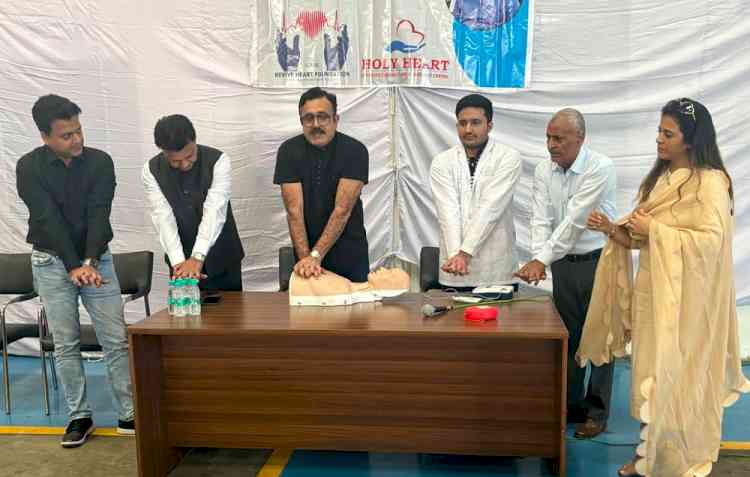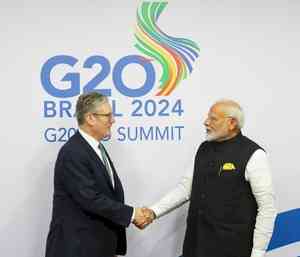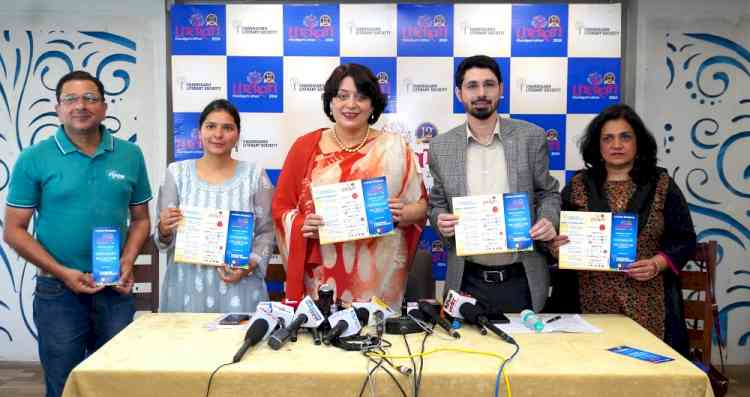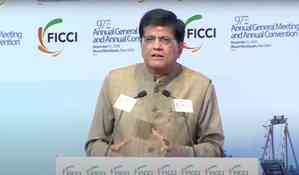Covishield & Covaxin vax didn't raise risk of heart attacks: Study
Vaccination against Covid-19 with Covidshield and Covaxin did not raise any risk of heart attacks, according to a study on Monday.
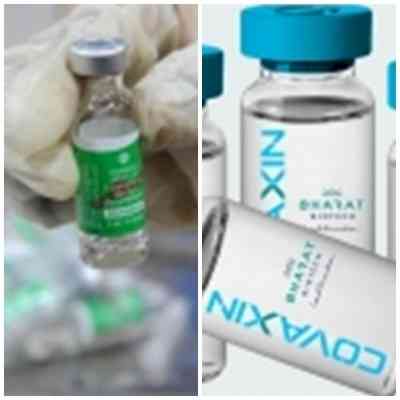
New Delhi, Sep 4 (IANS) Vaccination against Covid-19 with Covidshield and Covaxin did not raise any risk of heart attacks, according to a study on Monday.
The study led by doctors at the GB Pant Hospital in the national capital aimed to determine impact of Covid-19 vaccination on mortality following acute myocardial infarction (AMI) or heart attack.
The study comes amid an increase in heart attack cases post Covid-19 pandemic, which has often been linked to the vaccinations.
“Covid-19 vaccines have shown to decrease all-cause mortality at 30 days and six months following AMI,” said Dr. Mohit D. Gupta,Department of Cardiology, Govind Ballabh Pant Institute of Post Graduate Medical Education and Research, in the paper published in the journal PLOS One.
“This study is the first to be conducted among a larger population of AMI patients which has shown Covid-19 vaccine to be not only safe but also have a protective effect in terms of reduction of all-cause mortality both on short term as well as at six months of follow-up,” he added.
The team conducted a retrospective analysis of 1,578 heart attack patients admitted to GB Pant between August 2021 and August 2022.
Of the total patients, 69 per cent had been vaccinated, while 31 per cent were unvaccinated.
Among the vaccinated group, 96 per cent had received both doses of the vaccine, while 4 per cent had received only a single dose.
Majority of them 92.3 per cent had been vaccinated with Covishield, developed by Pune-based Serum Institute of India in collaboration with British pharma AstraZeneca, while 7.7 per cent had received Covaxin, developed by Hyderabad-based Bharat Biotech.
The researchers found no clustering of heart attacks occurring after vaccination.
They noted that only 2 per cent of Acute Myocardial Infarction (AMI) cases occurred within the first 30 days of vaccination.
The majority occurred between 90-270 days post-vaccination.
Out of the 1,578 patients with heart attacks, 13 per cent experienced a 30-day mortality rate. Of these, 58 per cent belonged to the vaccinated group, while 42 per cent were unvaccinated.
However, after adjusting for pre-existing risk factors, the study found that the odds of 30-day mortality were significantly lower in the vaccinated population. It also noted that increasing age, diabetes, and smoking were associated with higher odds of 30-day mortality.
During the 30-day to six-month follow-up period, 75 patients died, and 43.7 per cent of them were vaccinated.
However, after adjusting for factors, the study found that the odds of mortality were lower in vaccinated subjects.
The researchers also acknowledged limitations such as it was a single centre retrospective study, and that the findings need to be validated in further larger studies from different ethnic groups.
Meanwhile, the Indian Council of Medical Research (ICMR) is also conducting studies to understand the unusual spike in “sudden deaths” among young people, particularly due to heart attacks, post the Covid-19 pandemic.


 IANS
IANS 


